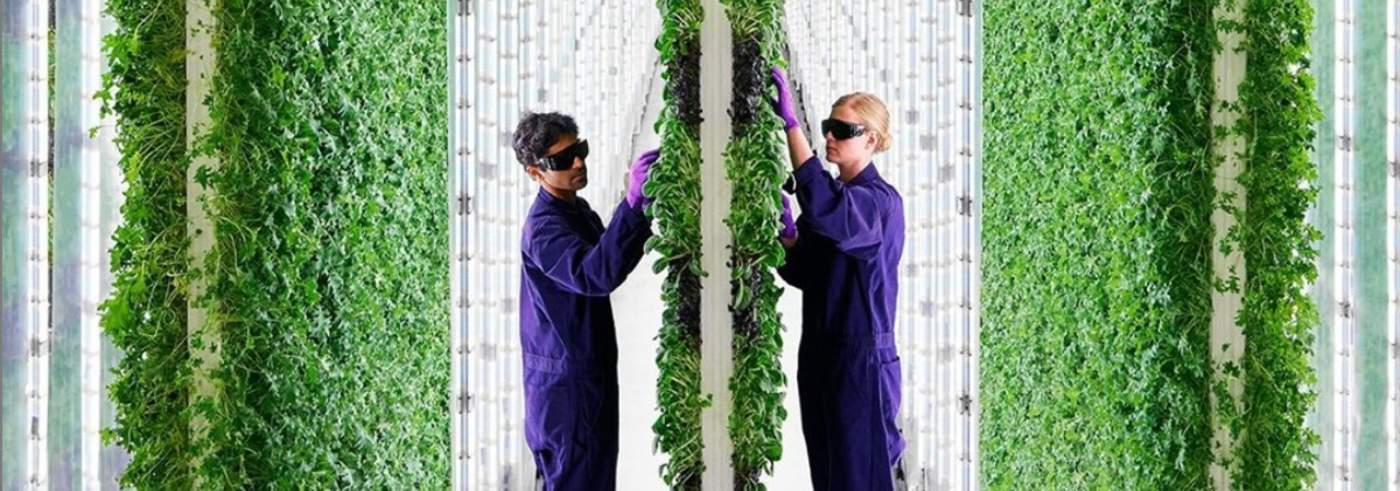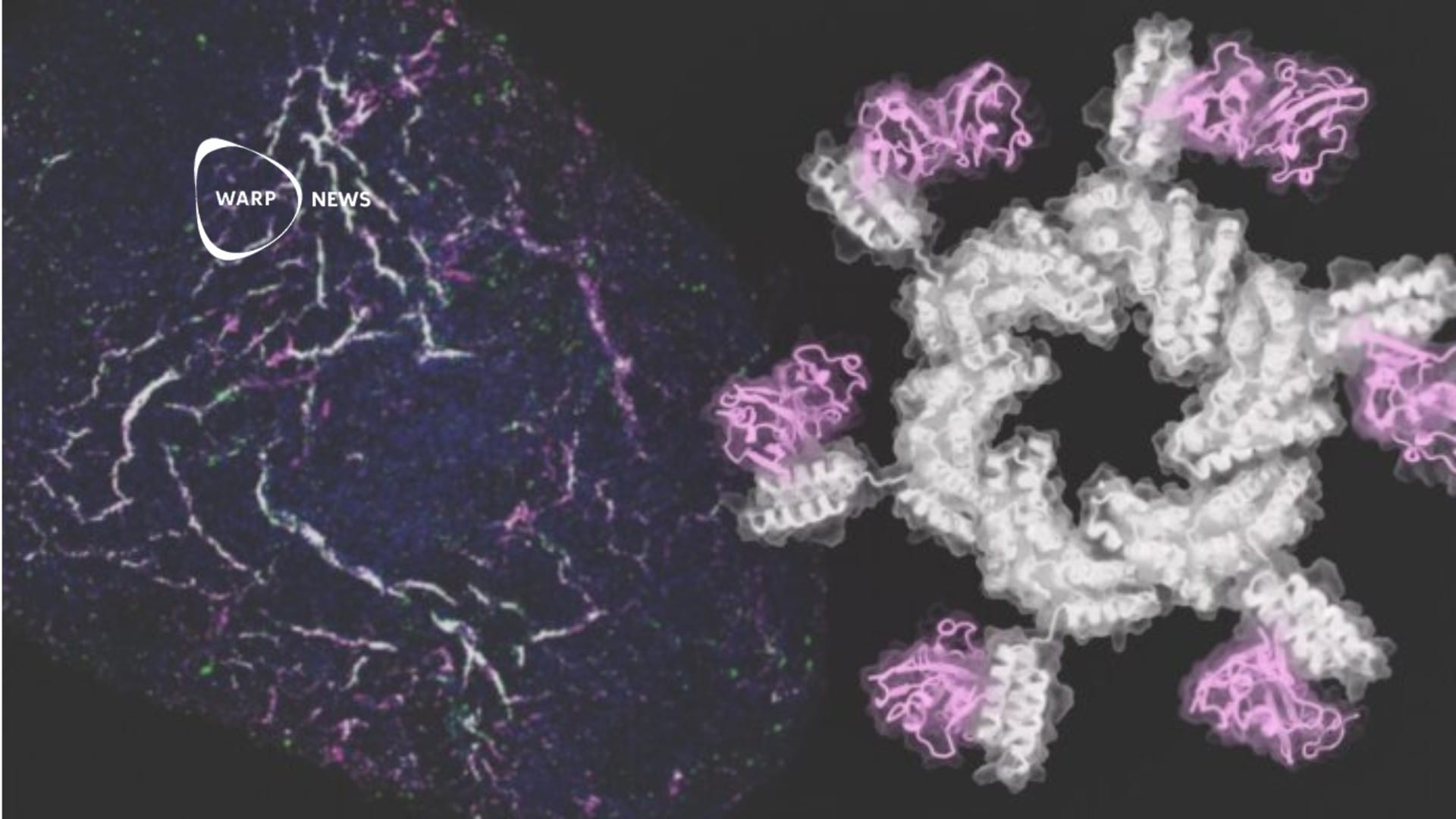
🥬 Vertical gardens push the future of agriculture towards the sky
Vertical gardens produce a large amount of fresh vegetables with minimal water consumption, without pesticides and genetic modification.
Share this story!
Picture: Plenty published in Good News Network
Plenty, an agriculture-tech startup, with its 2-acres produces more produce than ordinary flat farms. Also, the vertical gardens require 95% less water. By using robots and artificial intelligence, Plenty ensures perfect plants all year round.
Why is indoor, vertical farming worth supporting? The reasons are varied, covering climate-related benefits and issues like long-distance transportation. However, one of the most important benefits is how much water indoor vertical gardens save. In arid agricultural states, like California, where saving water is a priority, Plenty is to supply fresh produce for 430 Albertsons stores.
Instead of importing goods from farms across the country or the world, the stores could order it from a vertical garden or warehouse on the edge of town. This will lead to cutbacks in transportation and eliminate millions of tons of CO2 every year.
All of Plenty’s farms grow non-GMO crops. Also, they use neither pesticides nor herbicides. The company’s website says the technology “frees agriculture from the constraints of weather, seasons, time, distance, pests, natural disasters, and climate” that makes GMO-free nutrient-rich plants at scale with “extraordinary flavour.” In addition to that, they recycle every single drop of water that’s not used. Plenty’s farms are very environmentally friendly, other than their power use. However, a spokesman told Good News Network “they were using 100% renewable energy for their flagship farm in San Francisco, to keep emissions down”.
The farm ensures veggies to grow at an astonishing rate, producing 350-time more food per acre by keeping them in climate-controlled spaces year-round and bathed in sun-mimicked LED-light.
Last, but certainly not least, Plenty has introduced new packaging that’s made of recycled plastic, is 100% recyclable and keeps food fresh for a longer period of time to reduce food waste.
In a world with enormous population growth and heavy competition for land resources, vertical gardens like Plenty’s are a viable path towards a brighter future.
By becoming a premium supporter, you help in the creation and sharing of fact-based optimistic news all over the world.


